FEBS Worldwide Lectures 2024
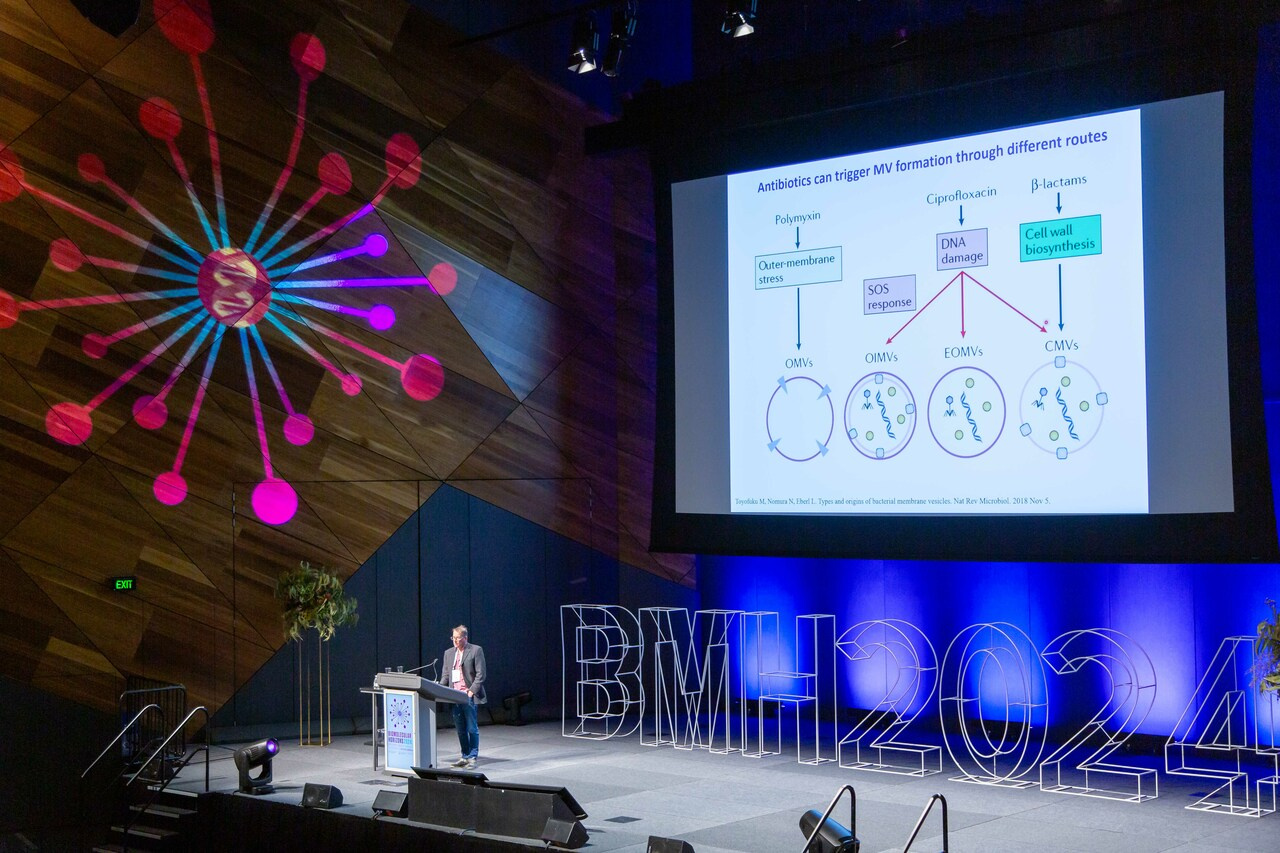
As part of its global collaboration with academic Societies/Federations in the molecular life sciences outside Europe, FEBS occasionally funds transcontinental travel of distinguished researchers from the FEBS area to contribute as plenary speakers at large or special conferences on other continents, particularly congresses connected with the International Union of Biochemistry and Molecular Biology (IUBMB), of which FEBS is a regional member.
2024 saw two such ‘FEBS Worldwide Lectures’ – at congresses in Australia and South America, as reported by the meeting organizers below.
IUBMB/FAOBMB/ComBio BioMolecular Horizons 2024 Congress
22–26 September 2024; Melbourne, Australia
Prof. Leo Eberl (Zurich, Switzerland) was a FEBS Worldwide Lecturer at the Biomolecular Horizons 2024 (BMH2024) Congress.
This event, hosted by the Australian Society for Biochemistry and Molecular Biology (ASBMB), brought together three prestigious conferences, namely the 26th Congress of the International Union of Biochemistry and Molecular Biology (IUBMB), the 17th Congress of the Federation of Asian & Oceanian Biochemists & Molecular Biologists (FAOBMB), and the 22nd ComBio Conference (ComBio). It welcomed 1875 registrants from 44 countries to share new developments in biomolecular research, innovation and education, with the largest international delegations from South Korea, New Zealand, India, Japan and the USA.
The five-day scientific program included over 500 talks, comprising seven plenary sessions (including two from Nobel laureates), 34 keynote sessions, 77 symposium sessions, six award sessions, four hot topics sessions and seven technical workshops. These were topped with three pre-Congress satellite events, a Young Scientist Program, 60 lightning talks and over 600 posters. The program was diverse, equitable and scientifically excellent.
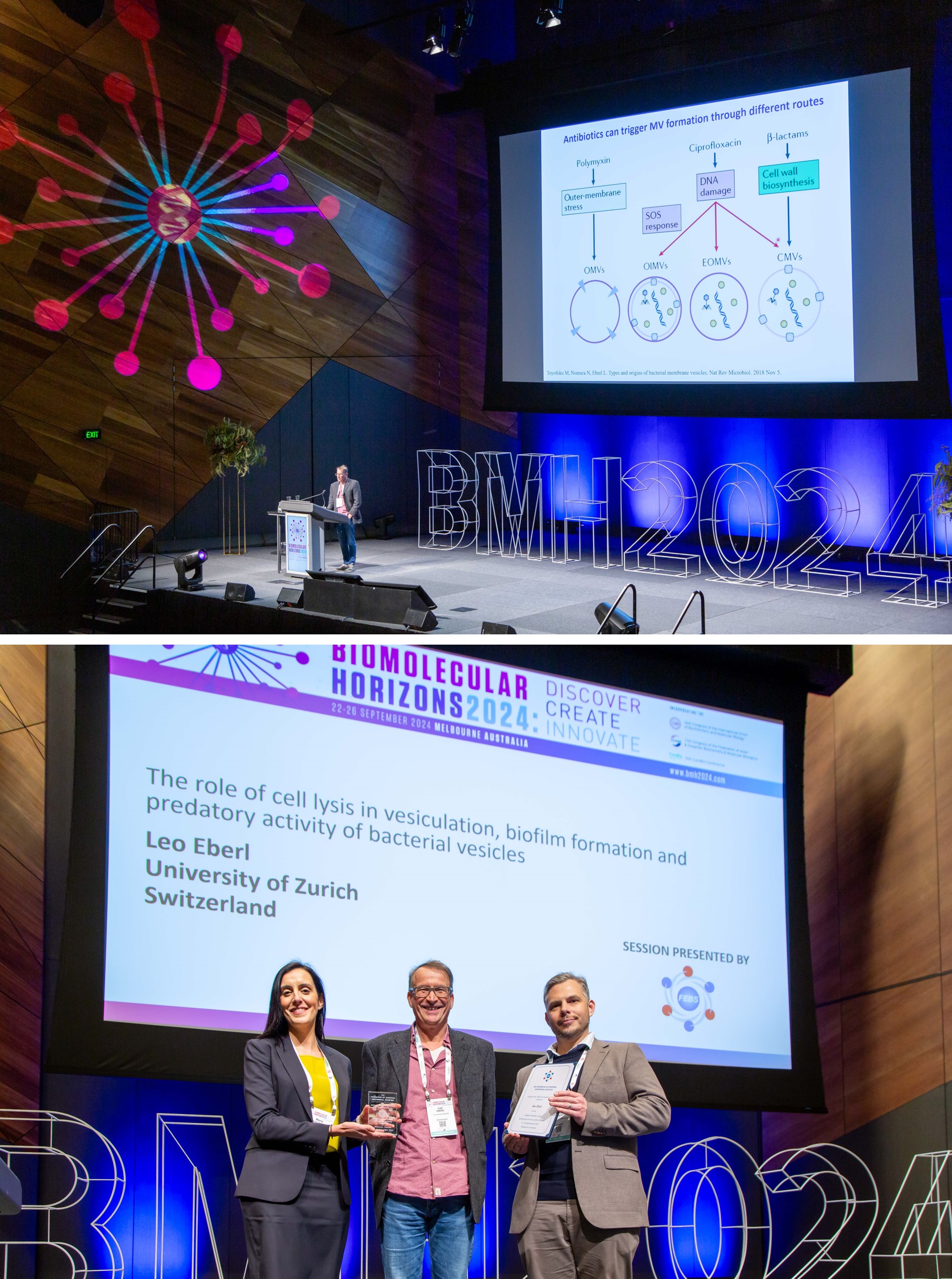
The plenary lecture by Leo Eberl, from Zürich University, Switzerland, was supported by FEBS as a FEBS Worldwide Lecture. In his talk entitled “The role of cell lysis in vesiculation, biofilm formation and predatory activity of bacterial vesicles”, he shared his groundbreaking work on the use of genome-wide profiling to understand quorum sensing and bacterial pathogenicity.
Leann Tilley, Convenor, BMH2024
The University of Melbourne, Victoria, Australia
50th Anniversary SBBMCh Congress
30 September – 4 October 2024; La Serena, Chile
Prof. Gerard Evan (London, UK) was a FEBS Worldwide Lecturer at the XLVII Annual Meeting of the Chilean Society for Biochemistry and Molecular Biology.
This year, 2024, the Chilean Society for Biochemistry and Molecular Biology (SBBMCh) celebrated its 50th anniversary with an extraordinary five-day meeting in La Serena (about 470 km north of Santiago). The meeting hosted five plenary lectures, 12 symposia, a new member session (short talks where new members briefly present their research programs), four short talk sessions (selected from the presented abstracts), and three poster sessions (175 posters in total). There were 359 attendees, of which 126 were students.
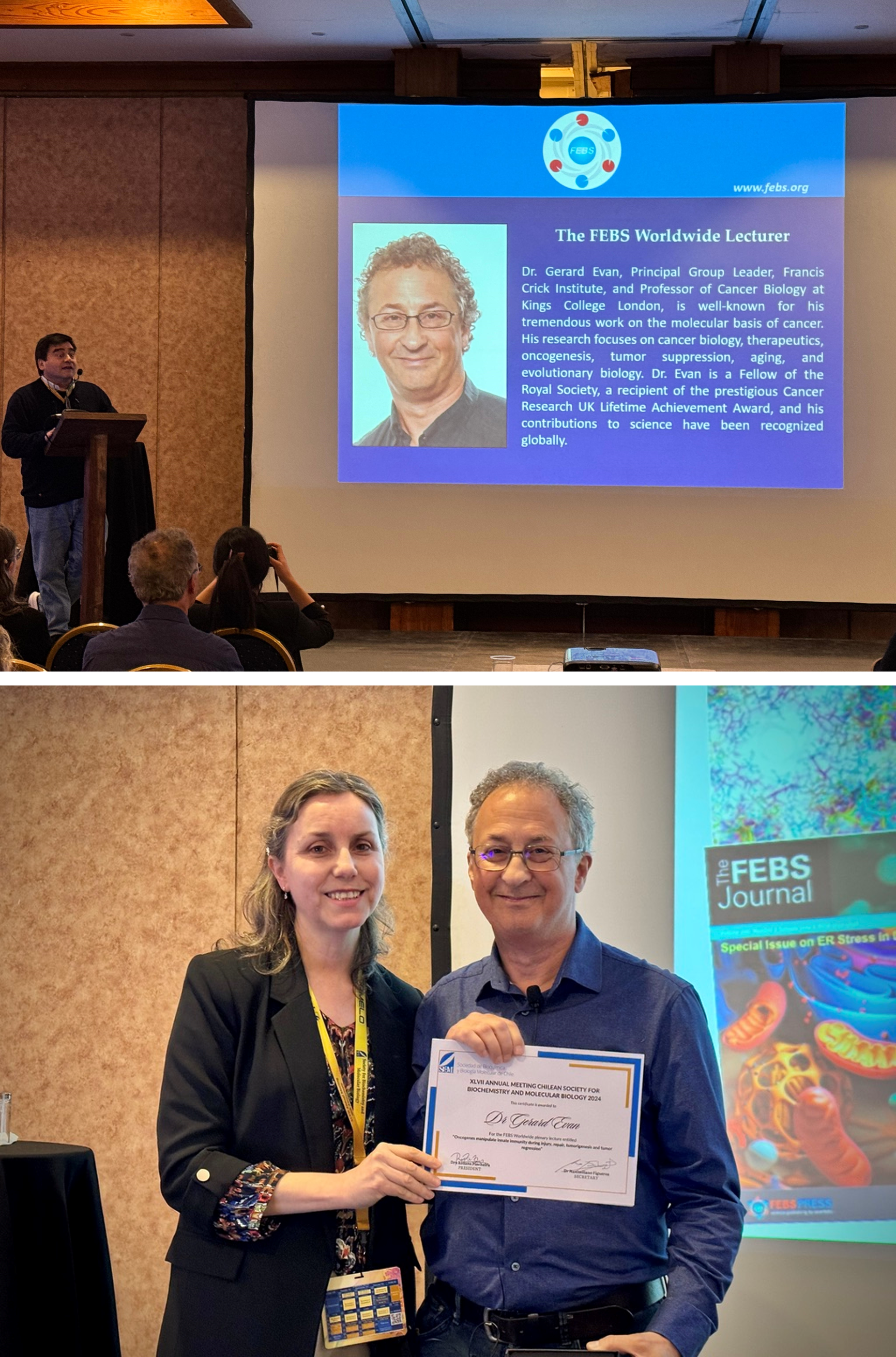
The FEBS Worldwide Lecturer, Gerard Ian Evan, from the Francis Crick Institute and Professor of Cancer Biology at Kings College London, UK, delivered the lecture "Oncogenes manipulate innate immunity during injury, repair, tumorigenesis and tumor regression". For more than an hour, Gerard Evan, one of the leading figures in cancer biology, delighted the audience with his scientific achievements and novel findings suggesting that cancer is an aberrantly "hacked" persistent version of normal post-injury tissue repair and regeneration. He also showed that blocking Myc (or upstream oncogenic signals) is therapeutically efficacious in cancer because forcibly turning Myc off "hacks" the physiological tissue injury resolution program by which innate immune cells prune supernumerary tissue and return the "repaired" tissue to its normal size, architecture and function.
Marcelo López-Lastra
Pontifical Catholic University of Chile, Santiago, Chile
Images in this post are from the event organizers.
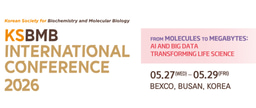
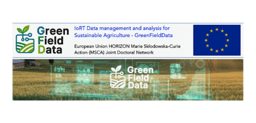



Join the FEBS Network today
Joining the FEBS Network’s molecular life sciences community enables you to access special content on the site, present your profile, 'follow' contributors, 'comment' on and 'like' content, post your own content, and set up a tailored email digest for updates.